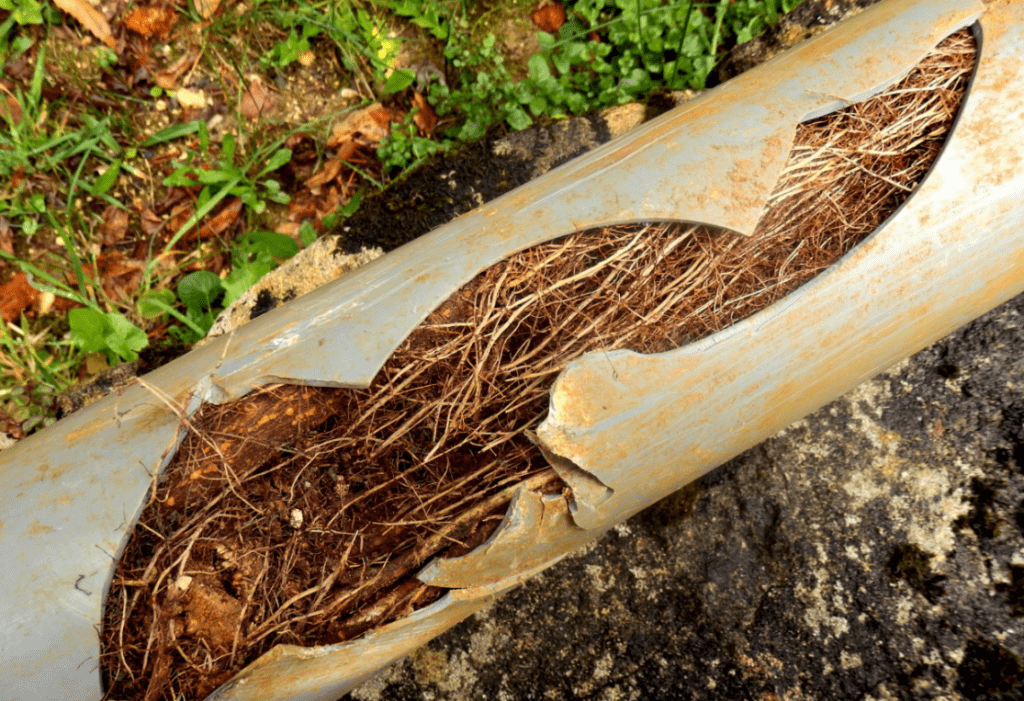A sewer backup is a plumbing nightmare you want to avoid at all costs. Not only is it unsanitary, but it can also expose your family to health risks. It occurs when wastewater flows back into your sinks, toilets, shower drains, bathtub, or other drains. This can happen when a blockage prevents wastewater from flowing freely.
Not many people know how to respond to a sewer backup. In this guide, Mr. Rooter Plumbing provides you with valuable tips on how to handle a sewer backup and prevent future occurrences. When you’re in need of professional sewer repair, trust the team at Mr. Rooter Plumbing to restore your sewer line to good working condition.

The steps you’ll take when your sewer line backs up depend on the severity of the problem. If you’re dealing with a flooded space, you’ll need to turn off electricity before you enter the affected area. Also, put on rubber gloves, boots, and a mask to protect yourself from contaminants. Use a wet/dry vacuum cleaner to remove standing wastewater before it causes further damage.
Turn off the main water supply to your home. The main water shut-off is typically located near where the water line enters the building. Turning off the water is important to prevent the backup from worsening. Refrain from using sinks, showers, or other drains to prevent more sewage from backing up.
Contact a professional plumber in Anna Maria, FL specializing in sewer line repair to find the cause of the backup and address the issue. Plumbing technicians are equipped with advanced diagnostic tools, including video camera inspection systems, to pinpoint the exact location of the blockage. They may recommend hydro jetting your sewer pipes if there is a significant buildup of grease, roots, or other debris.
If the backup is severe and has caused extensive damage, it’s important to hire a professional cleaning and restoration service to clean and disinfect affected areas. Sewage contains harmful bacteria and viruses that can pose serious health risks.
If you are experiencing frequent sewer line problems, the line may have reached the end of its lifespan. The experienced plumbers at Mr. Rooter Plumbing are here to help you replace your old sewer line with minimal disruption to your property. We employ various trenchless methods to replace deteriorating sewer lines, saving you money and preserving your landscape. Call us today to schedule an appointment and keep your sewer line in peak condition.
If you notice water pooling on your floor, you may feel frustrated… but you’re also fortunate. Visible leaks announce themselves early. Hidden leaks do not. In fact, many of the…
Gas lines are the conduits that carry natural gas to your appliances and equipment, and these pipes deserve praise and demand attention. A damaged or leaking gas line is not…
Faucets have come a long way from the simple knobs and spouts many of us grew up with. Today’s kitchens and bathrooms often feature modern designs that add convenience, style,…
Let’s be real: the difference between a leak and a full pipe break is just a matter of time if you don’t fix the leak. These issues don’t heal like…